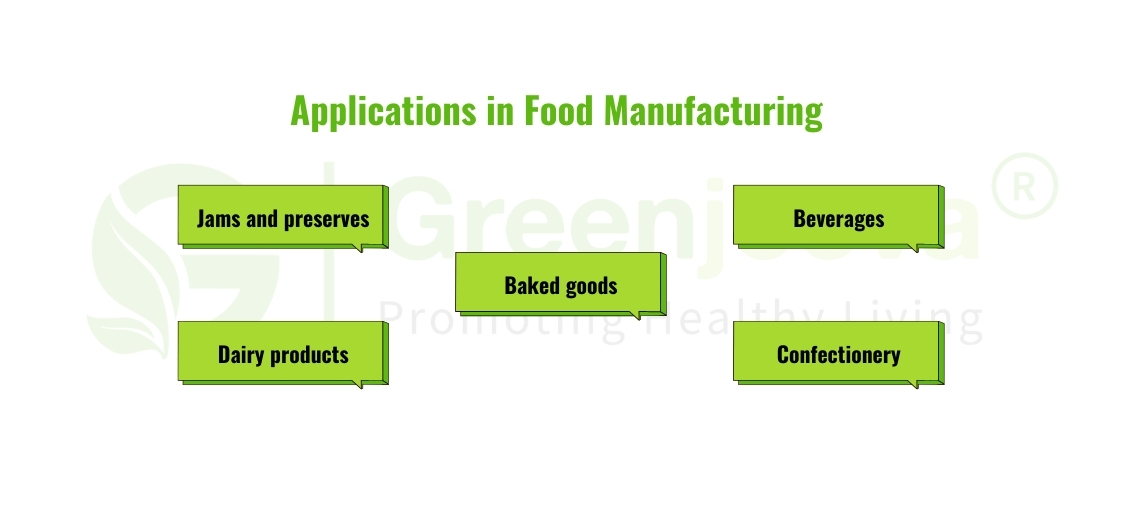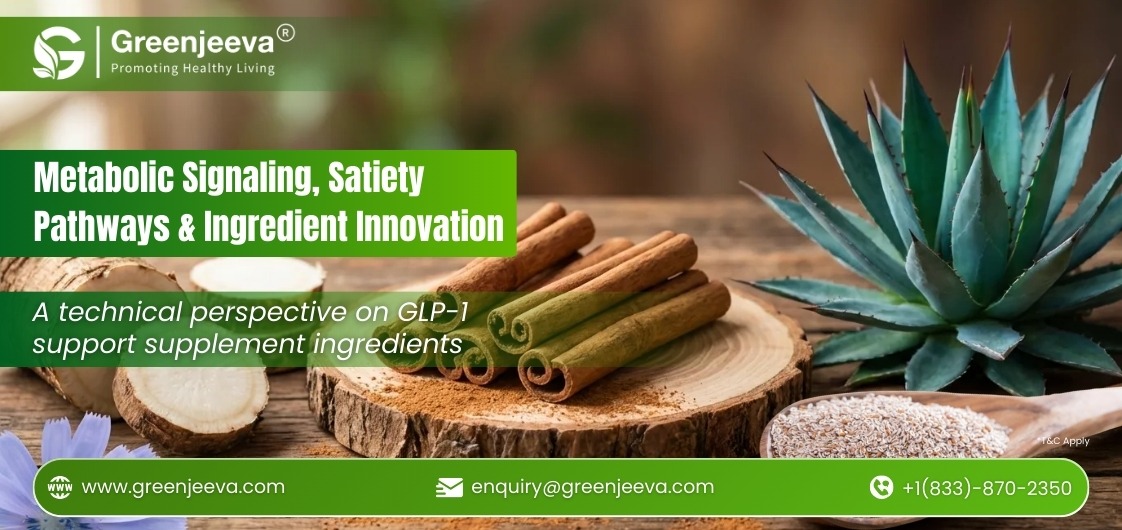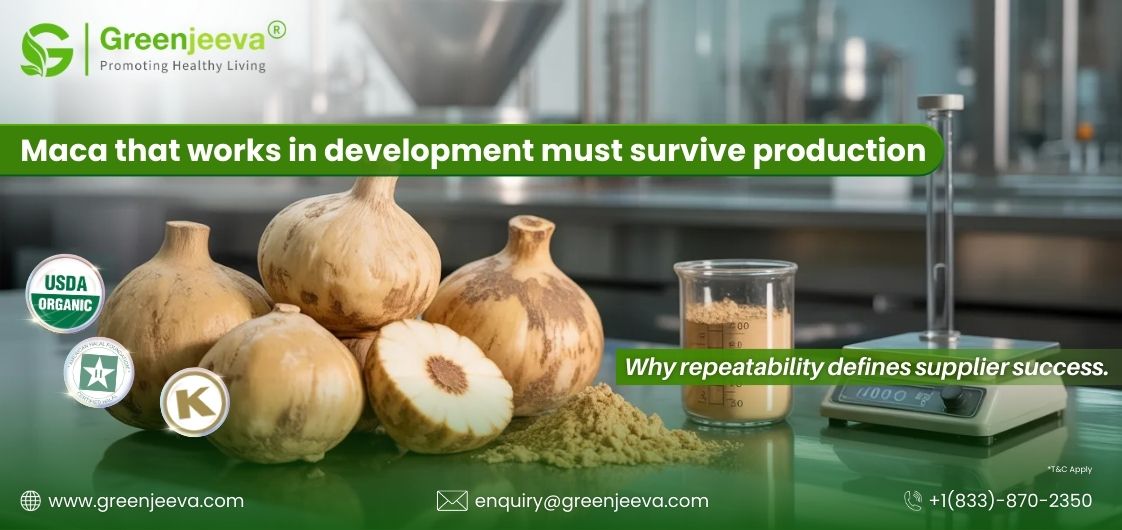Apple Pectin Powder vs. Other Gelling Agents: A Comparison

Apple pectin powder is derived from the cell walls of apples, making it a natural and clean-label ingredient that appeals to health-conscious consumers. But its benefits extend far beyond its wholesome origins. This remarkable substance offers unique properties that set it apart from traditional gelling agents, making it an increasingly popular choice for food manufacturers across various sectors.
To truly appreciate the value of apple pectin powder, it's essential to compare it with other common gelling agents used in the food industry. This comprehensive analysis will explore the strengths and limitations of each option, helping food manufacturers make informed decisions about which gelling agent best suits their specific needs.
Comparing Apple Pectin Powder to Traditional
Gelling Agents used in B2B
- Gelatin
Gelatin, derived from animal collagen, has long been a staple in food manufacturing. While it offers excellent gelling properties, it comes with several drawbacks:
- Not suitable for vegetarian or vegan products
- Religious dietary restrictions (non-kosher, non-halal)
- Temperature sensitivity
In contrast, apple pectin powder provides:
- Plant-based alternative suitable for all dietary preferences
- Stable across a wider temperature range
- Clean label appeal

- Carrageenan
This seaweed-derived gelling agent has faced scrutiny due to potential health concerns:
- Controversial ingredient with some consumers
- Can cause digestive issues in sensitive individuals
Apple pectin powder offers:
- Generally recognized as safe (GRAS) status
- Potential health benefits, including improved digestion
- Agar-Agar
While agar-agar is a popular plant-based alternative, it has limitations:
- Higher cost compared to other options
- Requires specific handling techniques
Apple pectin powder provides:
- More cost-effective solution
- Easier to work with in various applications
Unique Properties of Apple Pectin Powder
What sets apple pectin powder apart from its competitors? Several key factors contribute to its rising popularity:
- Versatility: Apple pectin powder performs well in a wide range of pH levels and temperatures, making it suitable for diverse applications.
- Synergy with other ingredients: It can enhance the effectiveness of other stabilizers and thickeners, leading to improved texture and mouthfeel.
- Natural source of fiber: Apple pectin powder contributes to the dietary fiber content of products, aligning with consumer demands for healthier options.
- Clean label appeal: Derived from apples, it resonates with consumers seeking recognizable, natural ingredients.
- Functional benefits: Beyond its gelling properties, apple pectin powder can improve moisture retention and extend shelf life in certain applications.
Applications in Food Manufacturing
The versatility of apple pectin powder makes it an excellent choice for various food products:
- Jams and preserves: Creates a smooth, spreadable texture with a natural fruit flavor.
- Dairy products: Enhances mouthfeel and stability in yogurts and dairy-based desserts.

- Baked goods: Improves moisture retention and texture in breads and pastries.
- Beverages: Acts as a stabilizer in fruit juices and smoothies.
- Confectionery: Provides gelling and binding properties in gummies and fruit snacks.
Sustainability and Market Trends
As the food industry increasingly focuses on sustainability, apple pectin powder offers additional advantages:
- Utilizes by-products from apple juice and apple cider vinegar production, reducing waste
- Lower environmental impact compared to animal-derived gelling agents
- Aligns with the growing plant-based and clean-label trends
Gelling Agents in Food Manufacturing
As consumer preferences continue to evolve, the demand for natural, clean-label ingredients is expected to grow. Apple pectin powder is well-positioned to meet these changing needs, offering food manufacturers a versatile, effective, and consumer-friendly gelling agent.
By incorporating apple pectin powder into their formulations, food manufacturers can stay ahead of market trends, improve product quality, and appeal to health-conscious consumers. As research continues to uncover new applications and benefits of this remarkable ingredient, its role in the food industry is likely to expand even further.
In conclusion, apple pectin powder represents a significant leap forward in gelling agent technology for food manufacturers. Its unique properties, versatility, and alignment with consumer trends make it a compelling choice for companies looking to innovate and improve their products. As the food industry continues to evolve, apple pectin powder stands ready to play a crucial role in shaping the future of food manufacturing.
**The Food and Drug Administration has not evaluated these statements. This product is not intended to diagnose, treat, cure, or prevent any disease.**


.jpg)



